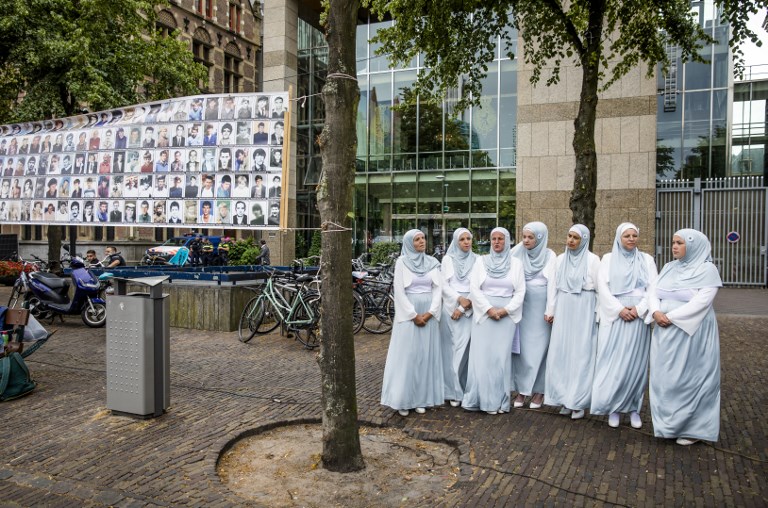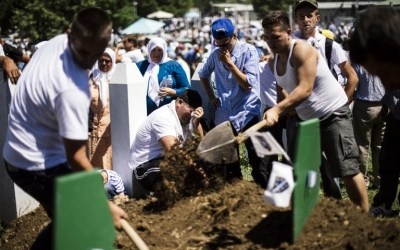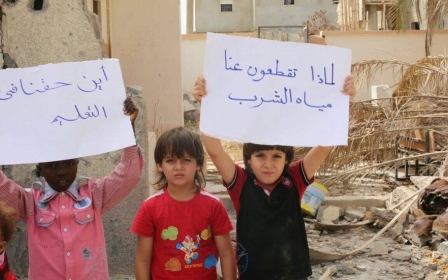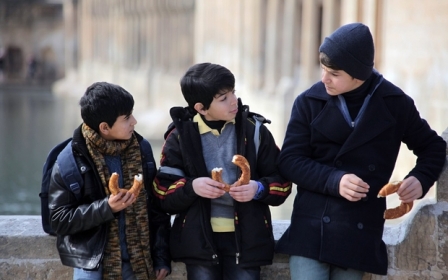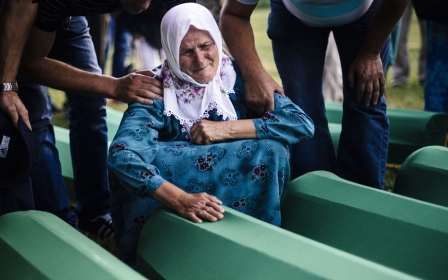New Srebrenica 'investigation' will deny the reality of genocide
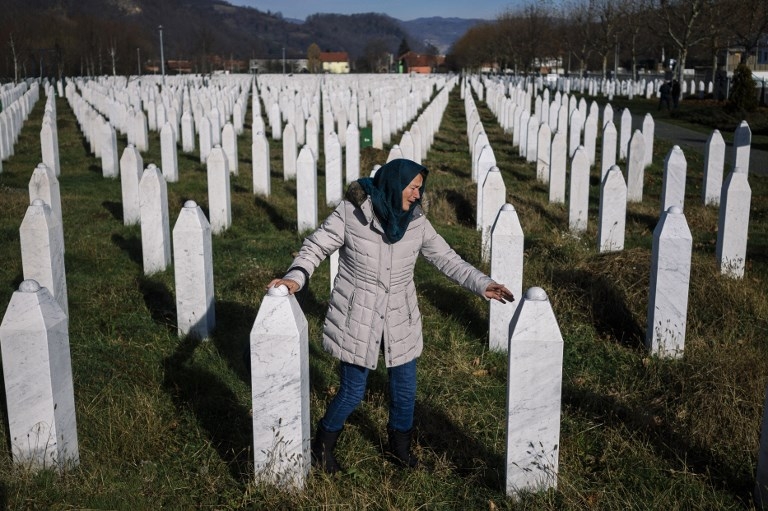
It was the summer of 1994. I had been working as an interpreter for a United Nations military observer in Srebrenica since April 1993, when the UN came to town to enforce Security Council Resolution 819, declaring Srebrenica a "safe area".
I caught a break one day and managed to avoid one of many futile patrols by climbing atop the roof of the post office building where I spent my days. I had a copy of a book whose title did not mean much to me: Schindler's List. We were so completely cut off from the rest of the world that I devoured anything UN personnel brought to read.
The familiarity of the story was eerie: just two years earlier, my family and I were ethnically cleansed from our village in the Drina valley and crammed into what, by all standards, was an open-air concentration camp. By the end of the brutal and medieval siege of Srebrenica in July 1995, I had lost 13 family members.
Concentration camps and deportations
What happened in the UN "safe area" of Srebrenica in July 1995 was the culmination of a four-year process aimed at exterminating the Muslim population of the Drina valley, as outlined in the Six Strategic Goals of the so-called "Bosnian Serb Parliament" in 1992. The process included mass murder, establishment of concentration camps, mass deportations, destruction of cultural heritage and destruction of all evidence of the criminal conduct at the heart of the Serb strategy.
New MEE newsletter: Jerusalem Dispatch
Sign up to get the latest insights and analysis on Israel-Palestine, alongside Turkey Unpacked and other MEE newsletters
In 1992, General Ratko Mladic – later in charge of the genocidal operation in Srebrenica and now awaiting an appeal judgment at the International Criminal Tribunal for the former Yugoslavia (ICTY) over his conviction on charges including genocide– took to the podium and said: "People and peoples are not pawns, nor are they keys in one's pocket that can be shifted from here to there … We cannot cleanse, nor can we have a sieve to sift … People, this would be genocide."
The decision marked the culmination of a 1.5-decade effort ... to undermine, deny and misrepresent the facts established beyond a reasonable doubt by the ICTY
More than a quarter-century later, on 7 February this year, the government of Republika Srpska (RS) – an entity within Bosnia and Herzegovina created through the genocidal expulsion of non-Serbs from half of the country's territory – established two commissions: one to research the events in Srebrenica and the other to deal with the siege of Sarajevo.
The decision marked the culmination of a one-and-a-half decade effort on the part of various governments in the Serb-dominated part of Bosnia to undermine, deny and misrepresent the facts established beyond a reasonable doubt by the ICTY. By doing this, Serb nationalists ultimately glorify the crime of genocide.
The first RS government report on "Case Srebrenica," issued in September 2002, claimed that, after the fall of the UN "safe area," the number of deaths amounted to fewer than 2,000, mostly soldiers killed in combat and fewer than 100 "executed by Bosnian Serb forces for personal revenge or for simple ignorance of international law".
Human rights violations
The report backfired, and as a result of a class-action suit involving hundreds of family members of Srebrenica victims before the Human Rights Chamber – a judicial body established by the 1995 peace agreement known as the Dayton Accords – the RS government established a special commission in 2003 to publish all information on the fate of missing persons and the locations of mass graves, and to thoroughly investigate the events that led to these human rights violations.
The investigation resulted in somewhat honest, but minimal results, focusing exclusively on the fateful final days in July 1995. The 2004 report was still regarded as headway.
Last year, almost 15 years after the report landed, the Bosnian Serb parliament "annulled" it, ordering the RS government to establish a new body charged with creating a more “objective” picture of events in and around Srebrenica.
The decision is part of a wider assault by autocratic RS President Milorad Dodik and his party on the facts established by two UN bodies: the ICTY and the International Court of Justice. Both found that the war crimes committed in and around Srebrenica in 1995 constituted genocide.
Between 2008 and 2014, Dodik's government spent around 150,000 euros ($170,000) annually financing an obscure organisation called "Historical Project Srebrenica," dedicated solely to denying the crime of genocide in Srebrenica in July 1995. In 2017, the government banned teaching about Srebrenica and the siege of Sarajevo in elementary and secondary schools.
Surprisingly, the new RS government commissions are headed by two Israelis: historian Gideon Greif and academic Raphael Israeli. Greif, who was involved in research on the Jasenovac concentration camp operated by Croatia in World War Two, recently stated that it was wrong to compare Srebrenica to the Holocaust, a parallel no one in Bosnia and Herzegovina was drawing.
'The world is no longer the same'
The commissions, in fact, have only one aim: to establish a competitive and counterfactual narrative of events in Srebrenica and Sarajevo between 1992 and 1995.
Nearly a decade after the day I was reading on the rooftop of the post office in Srebrenica, I was in The Hague, covering the sentencing of Biljana Plavsic, one of the wartime Bosnian Serb leaders who pleaded guilty to crimes against humanity.
Holocaust survivor and Nobel laureate Elie Wiesel took the stand that day and said: "For the orphans, be they children or adults, the world is no longer the same ... Their dreams have become nightmares ... What is the proper definition of a crime against humanity? In simple psychological terms, it is a crime committed against the humanity of another person."
Greif and Israeli have joined an enterprise whose sole purpose is to deny the nature of crimes committed against Bosnian Muslims – joined a long line of those who would take our humanity from us. No one in Bosnia and Herzegovina questions the unique nature of the Holocaust. But we have the right to call the crime perpetrated against us – all of us, because of who we are – by its rightful name.
The views expressed in this article belong to the author and do not necessarily reflect the editorial policy of Middle East Eye.
This article is available in French on Middle East Eye French edition.
Middle East Eye delivers independent and unrivalled coverage and analysis of the Middle East, North Africa and beyond. To learn more about republishing this content and the associated fees, please fill out this form. More about MEE can be found here.



